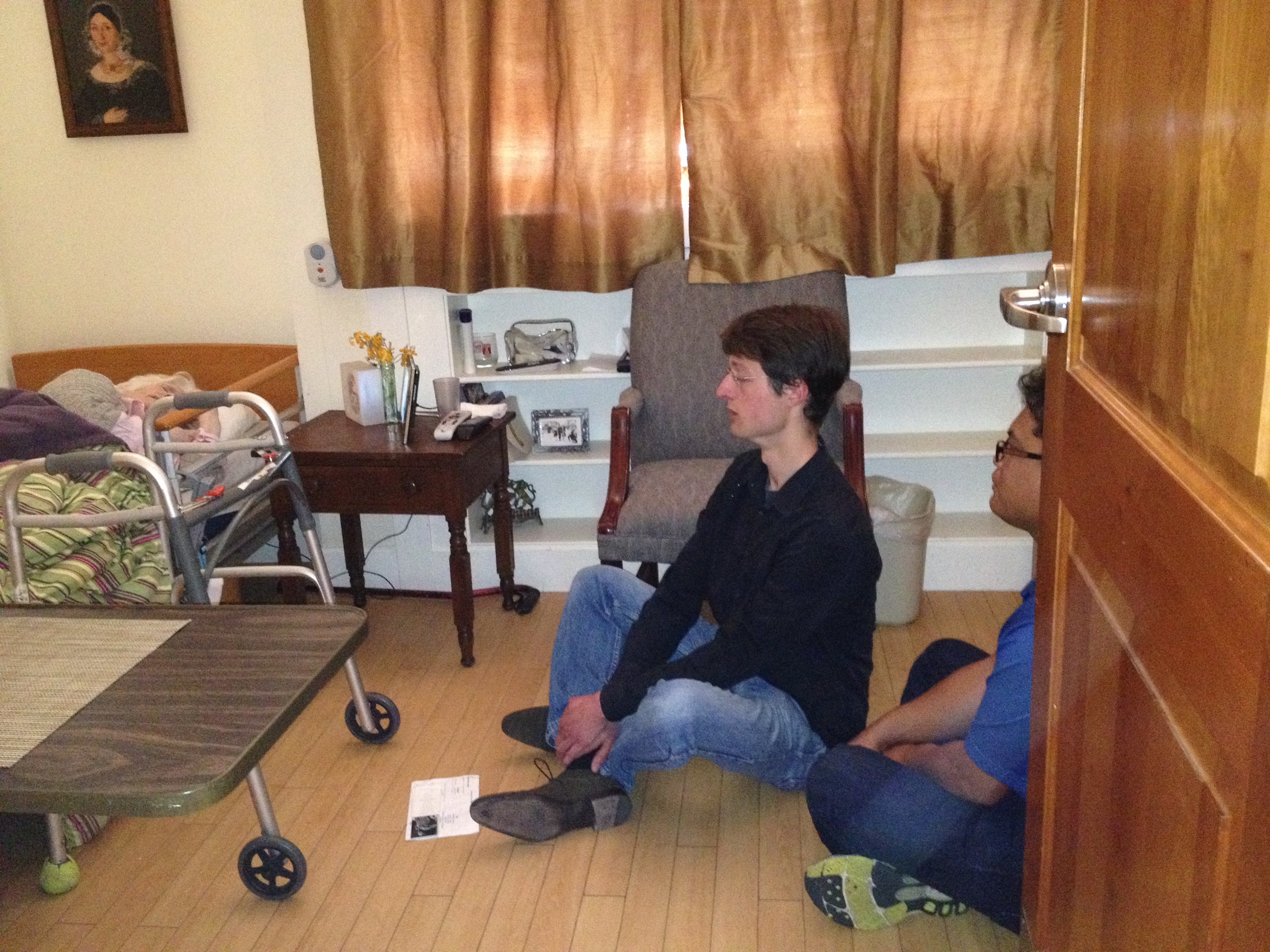Announcing the Blue Mountain Blog
/As we mentioned a few weeks ago, we are making some exciting changes here at the YA blog. The biggest change is that it won’t be just the YA blog any more – we’re expanding our scope to include passage meditators of all ages. So, welcome to our new Blue Mountain Blog, serving our whole BMCM community!
This blog was founded three years ago as part of the BMCM’s strategic initiative to reach out to new young adults in their 20s and 30s. We’ve had amazing success using this platform to share stories as well as tips and inspiration. It’s been lovely to see over time that posts from older meditators have been just as engaging to our readers as the posts by YAs (see Norma, and Charley & Kathleen). We’ve also seen that our wider community of all ages have found great satsang and support from reading these stories, but were shy about participating since they were not of the “right” age.
We realized that although this blog was created with YAs in mind, it was already serving a broader community, and it’s now time to make that official!
Moving forward, we’ll be expanding our scope by inviting friends of all ages to contribute to the blog. You’ll still see a beautiful cross-section of our international BMCM community and find practical advice to help you strengthen your own practice. In the upcoming weeks, we’ll be sharing two posts spanning the generations: a new grandmother integrating her practice of the eight points into her relationship with her granddaughter, and a YA who discovered Easwaran in college and attributes some very positive life changes to her meditation practice.
We’re also merging with the Timeless Wisdom blog, which was hosted on www.easwaran.org and provided curated Easwaran content for inspiration. To continue to serve the community of the Timeless Wisdom blog, we’ll be posting Easwaran content twice a month - providing an audio talk the first week of the month, and a reading excerpt the third week of the month.
Though we’ll continue hosting the blog here at YAmeditation.org, you’ll notice some cosmetic changes such as the new name “Blue Mountain Blog”. We hope that you’ll engage with the blog as much as you’d like, and feel at home here. We encourage you to share the blog with your friends and engage in conversation in the comments to help support each other.
Finally, because YA Outreach continues to be a strategic priority for the BMCM, we wanted to provide you with one way you can help (besides sharing the blog, of course). We have printed copies of these beautiful YA resource postcards and we’d love to send you some that you can hand out to friends, or leave in YA-friendly coffee-shops or yoga studios. If you’d like us to mail you some postcards you can email us at young.adults@easwaran.org.







